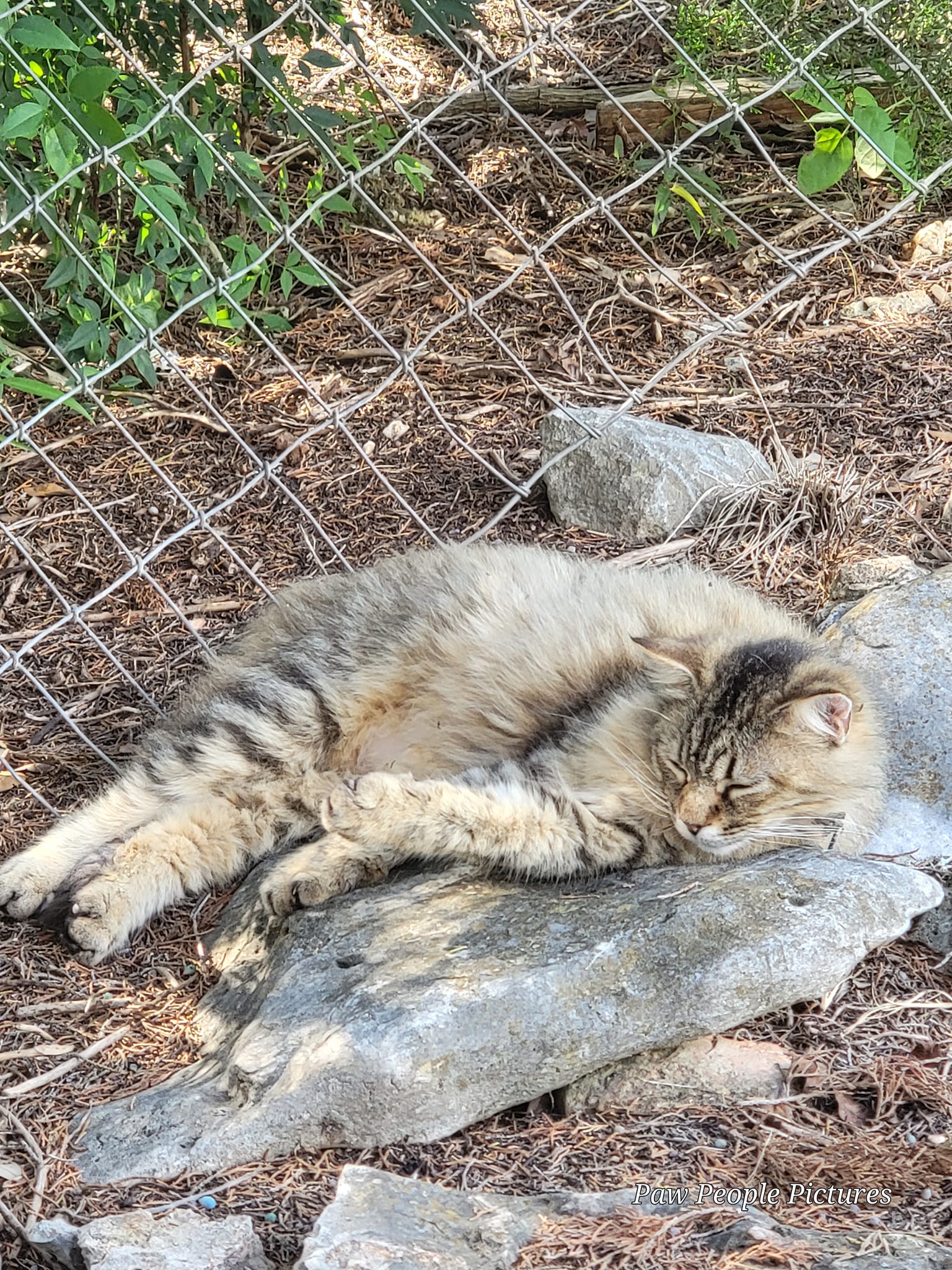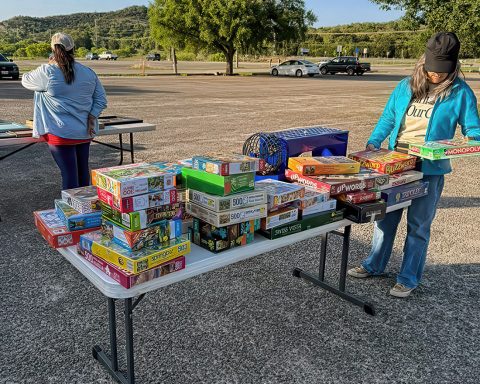Animal Rescue Connections (ARC), a Bulverde-based cat rescue group specializing in ‘Trap-Neuter-Return’ (TNR) for community cats, is no longer accepting kittens or cats into its foster/adoption program.
However, ARC’s beleaguered volunteers will still support businesses and people who want to spay and neuter outdoor community cats living on their properties.
President Jenny Burgess said high temperatures and an overwhelming number of kittens forced the closure through October.
The group’s ‘barn cat’ program is included in the suspension.
It takes three weeks to acclimate ‘barn cats’ to their new location, and Texas’ stifling summer heat makes it too difficult to keep cats cool during this period.
ARC’s regular TNR program continues because traps are set up in the shade and continuously monitored by trappers or property owners.
“ARC’s main mission is to reduce Comal County’s crisis of cat over-population by trapping the animals of breeding age, getting them vetted, and returning them back to their outdoor homes where they came from,” Burgess said.
“What’s happened this year is that two years of the pandemic have caught up with us,” she said. “During the pandemic, we were more than busy doing TNR but many residents stopped. Resources offering spay/neuter surgeries became more scarce and costs increased. Vet clinics reduced their appointment availability. Some even closed. Those cats that were born in that period of time and were not fixed are now having kittens and they weren’t dealt with. It’s a worse year it seems to us than ever before.”
There are currently 150 kittens in ARC’s foster care and pipeline.
“There’s a constant feeling of guilt because there’s so much to do and there’s not enough of us doing it,” Burgess said.
It’s time for the community to step up to save young cats and kittens who are otherwise just “born to die” at the hands of predators, hunger and disease, she said.
Many of those who call ARC have turned a blind eye to feral cat populations on their property until their numbers explode.
“A lot of people don’t do anything but feed the two to three cats who start showing up,” she said. “Before they know it there are 30 hungry feline mouths to feed. An extensive TNR program is the only way out. We must solve this cat over-population crisis at its source.”
Volunteers are desperately needed to learn TNR, transport cats to and from veterinary appointments and feed feral cat colonies.
Burgess said transport is volunteer work and frees up ARC’s trapper experts to work elsewhere.
Although area low-cost spay/neuter clinics sometimes offer discounted rates to rescues like ARC, their rates are going up, too.
ARC will work out payment plans with residents in most cases.
The group desperately needs newspapers to line cat kennels. These can be dropped off in the Bulverde Humane Society’s donation box, which is outside the gate. The shelter is located at 3563 Kingsnake.
For more information or to make a donation visit animalrescueconnections.org.




